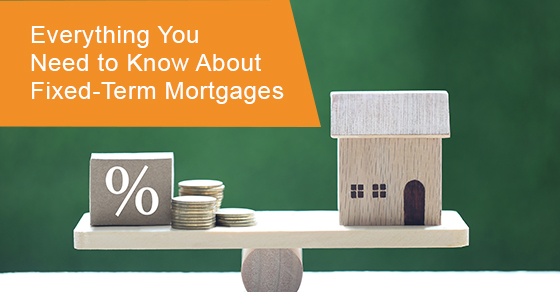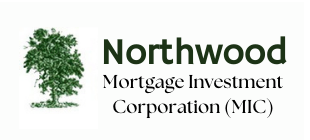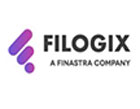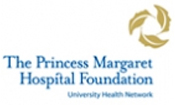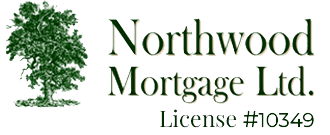While there are tons of mortgage options all across Canada, one of the most common in Toronto is the fixed-term mortgage.
There are several different reasons for this rate type’s popularity, with the main draw being that the mortgage holder’s interest rate remains the same for the entire term of their mortgage. This differs from variable-rate mortgages, which can sometimes offer low down payments or better insurance premiums but have flexible, changing mortgage rates.
For those with a set budget and who may live paycheck to paycheck, a fixed-rate mortgage might be what works best for you. Before we dive into this, however, there are a few more things you should know about fixed-term mortgages.
Your Fixed Rate Is Impacted by Canadian Mortgage Bonds
The Canadian Mortgage Bond market is strongly tied to the rates you’ll be charged for a fixed-term mortgage. When bonds go up, typically, so do the rates for fixed-term mortgages. Bonds are related to mortgages in that they are outstanding debts with a promise to repay the debt’s principal, often with interest.
Long-term mortgage rates will typically charge a yield—the annual interest rate of return—of the Canadian mortgage bonds themselves. So, if the market is in more debt for one year than a year previous, then the next fixed-term mortgage will have a higher rate than the previous term.
Know the Details of Your Term
Your mortgage term is the length that your mortgage contract will be in effect. This will include all the aspects of your mortgage contacts, including your fixed interest rate. Terms can differ in duration from a few months to years, to five-year periods or longer. Once a term is complete, then you’ll need to renew your mortgage if you have a remaining balance. Most mortgages will require multiple terms for the mortgage holder to complete their repayment.
The length of your mortgage term can impact several different aspects of your mortgage, particularly your interest rate and the rate type you can apply for (such as fixed or variable), the penalties you’ll need to pay for a broken mortgage contract, and how soon you’ll need to renew your agreement.
How Your Mortgage Will Be Calculated
Typically, your mortgage for a term will be calculated by taking the amount you’ve borrowed from a lender for the purchase of your home’s principal amount. This amount will usually include two other elements: your purchase price for the home (minus your down payment), and the mortgage loan insurance if your down payment is less than 20%.
Similarly, your mortgage payments are calculated by factors to determine your regular payment amount. For example, when you make mortgage payments, you pay the interest of your account and the principal. The principal is the amount you’ve borrowed from the lender in order to cover the cost of your home purchase, whereas your interest is the fee you’re charged to pay the lender for their loan. If you agree to a mortgage plan with mortgage insurance, then you may also be charged the insurance costs on top of your mortgage payments.
How to Learn More About Fixed-Term Mortgages
If you’re still struggling with some of the concepts here, or if you’d simply like to reach out to an experienced mortgage advisor, then you can contact Northwood Mortgage today. Call us at 888-495-4825 or contact us online. We help prospective mortgage owners in Toronto and beyond to make informed decisions about their mortgages and get the great deals they deserve. You can also find out more at our website about fixed-rate mortgages.
